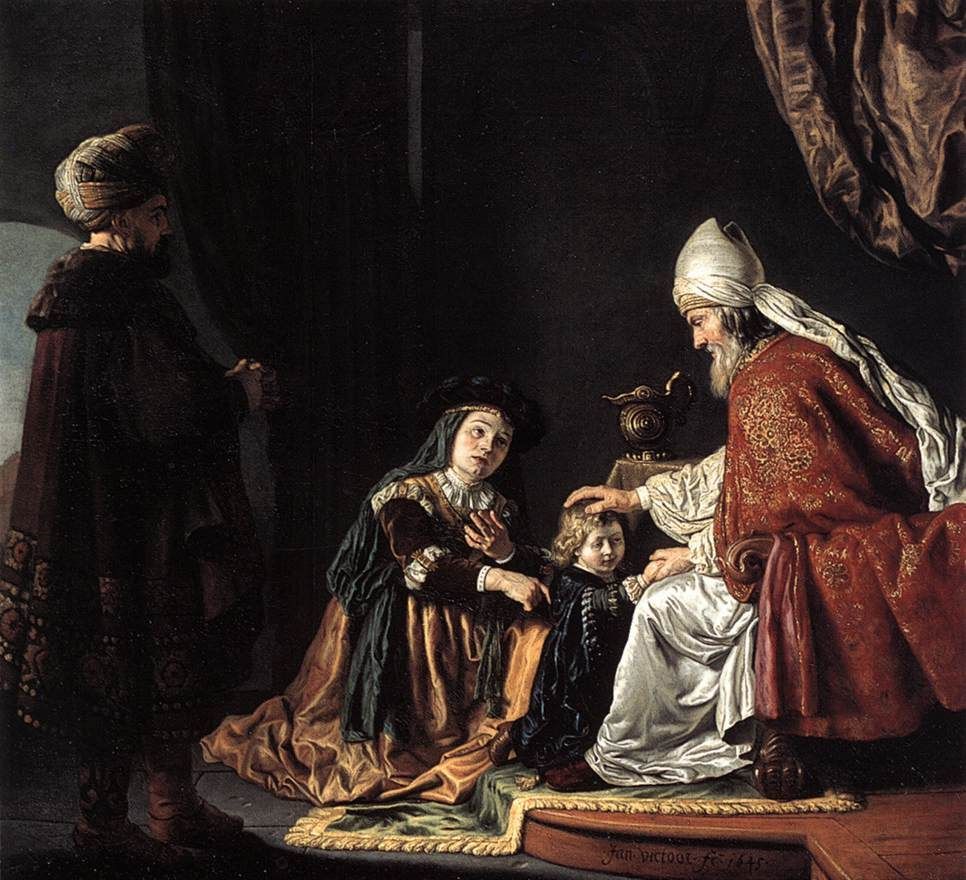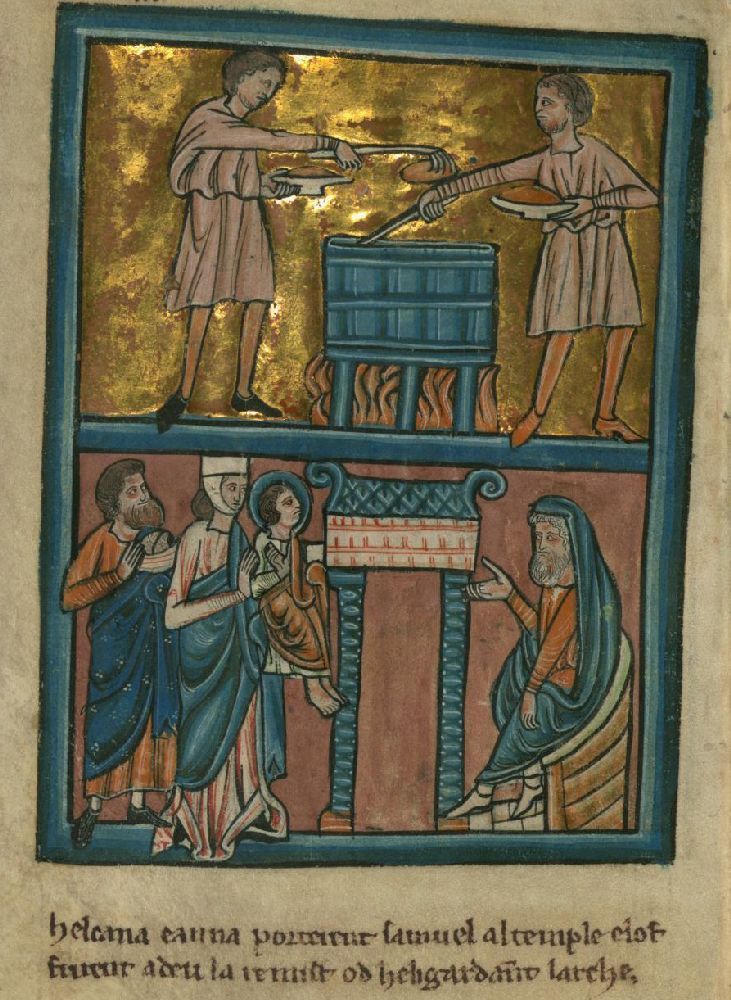Message of Abbot Paul - Sunday - 14th January 2024
Abbot Paul • January 13, 2024


Although we have begun the Year of Mark, today’s Gospel is taken from John, (Jn 1: 35-42), and it’s a text I commented on a few days’ ago, the calling of the first disciples according to the Johannine tradition. I find it particularly encouraging that the Church has never attempted to suppress traditions and texts that don’t always coincide. I think it might be best and a welcome change were I to say a few words about the first reading of today’s Mass, which is taken from the First Book of Samuel, (1 Sam 3: 3-10, 19).
It’s the lovely story of the boy Samuel in the Temple. You will recall that Samuel is the son of Hannah, wife of Elkanah, who was barren but then granted a child for her perseverance in prayer and her many tears. As her first born son, she offered him to God for service in the Temple, God’s most precious gift she gave back to him in thanksgiving for his loving kindness. “Samuel was lying in the sanctuary of the Lord, where the ark of God was, when the Lord called, ‘Samuel! Samuel!’ He answered, ‘Here I am.’ Then he ran to Eli and said, ‘Here I am, since you called me.’ Eli said, ‘I did not call. Go back and lie down.’ So he went and lay down.” This happens three times. On the third occasion we are told, “Eli then understood that it was the Lord who was calling the boy, and he said to Samuel, ‘Go and lie down, and if someone calls say, “Speak, Lord, your servant is listening.”’ So Samuel went and lay down in his place.” The next time he hears the voice calling, Samuel knows what to do and does it at once. He’s learned his little prayer by heart. “The Lord then came and stood by, calling as he had done before, ‘Samuel! Samuel!’ Samuel answered, ‘Speak, Lord, your servant is listening.’ Samuel grew up and the Lord was with him and let no word of his fall to the ground.”
This account of the call of Samuel teaches us important lessons: first of all, that God calls the young as well as the old, that age, learning, knowledge and physical strength are of little significance for God, as he is the giver of all gifts and he will prepare those he has called for the work they must do. Secondly, that God calls us by name, he knows our name, he knows who we are, he knows us through and through. There is no need to fear God or to be ashamed of ourselves. He knows all there is to know about us and more than we know ourselves. Thirdly, that there are many prayers in the Bible for us to learn and use. What better prayer can there be than to say to God, “Speak, Lord, your servant is listening.”? But, of course, that beggars the question, ‘Am I listening to God?’ When I pray, am I so intent on speaking, on telling God things or asking for them, that I fail to keep silent and receptive, so that I fail to hear his voice speaking to me? Lord, teach me the prayer of silence, teach me to listen with the ears of my heart. Fourth but not least, do I take advice from my elders or from those who have more experience than I have? Samuel followed Eli’s instructions; whose instructions do I follow? Lord, make me docile to your word and teach me the way of life. Amen.









